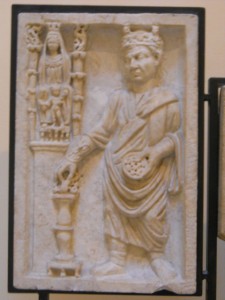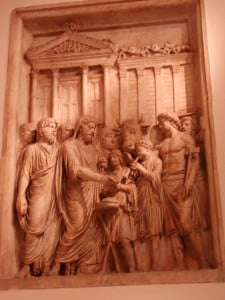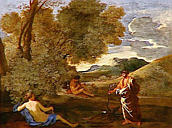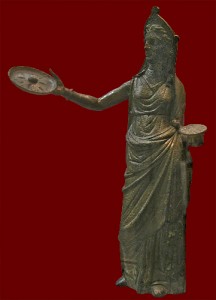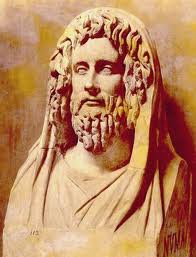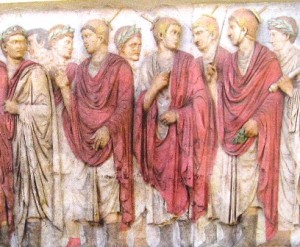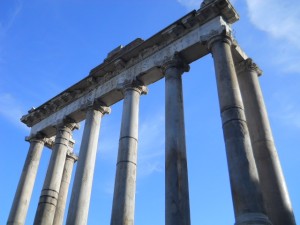Numa Pompilius developed rituals for Rome that were complex and difficult to perform, but not expensive. In this way he promoted reverence among the Romans without barring even the poorest from worshiping the Gods. “He gave (the pontifex) full solemn written instructions about the ceremonies, specifying for each sacrifice the proper offerings, the proper days and the proper temples and the way in which money should be raised to meet the expenses (Livy 1.20.5-6).” Today we can get some idea... Read more



